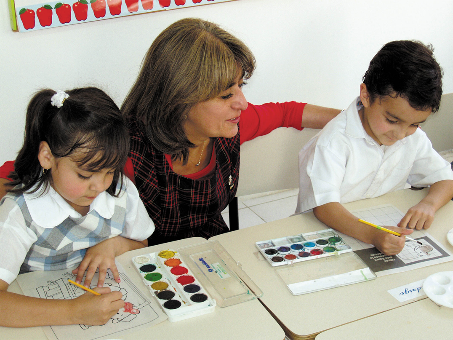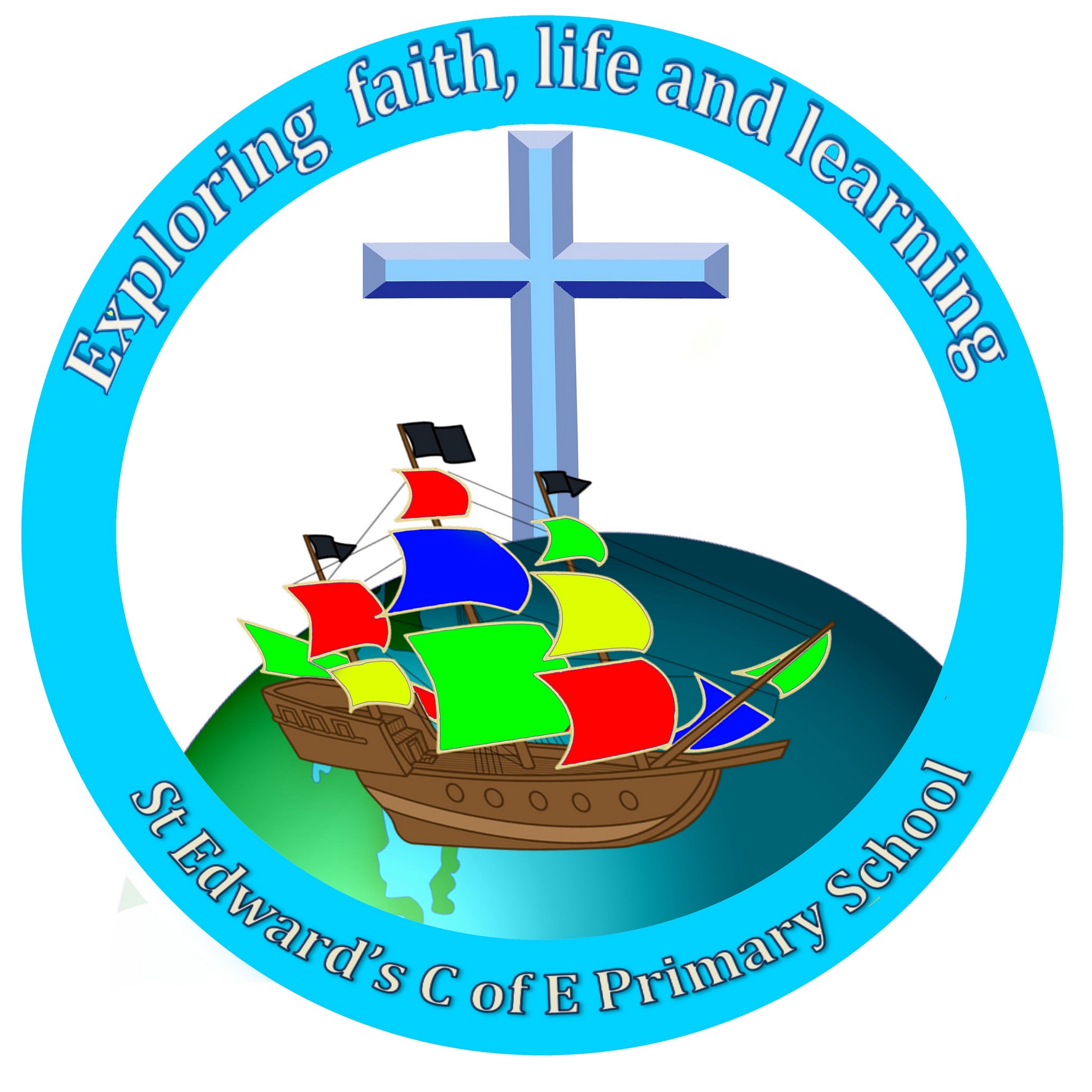Religious Education

St Edward’s Values: Thankfulness, Forgiveness, Compassion, Perseverance, Courage, Friendship
‘I have come that they may have life, and have it to the full.’ (John 10:10)
Religious Education Curriculum at St Edward’s
Intent
‘RE explores big questions about life, to find out what people believe and what difference this makes to how they live, so that pupils can make sense of religion, reflecting on their own ideas and ways of living.’ Rochdale SACRE.
The aim of RE is to help children to develop knowledge and understanding of Christianity and other religions and world views and to appreciate the views of others and how they may differ to ours. It should give children the ability to express their views to others in a positive way. Children will gain an understanding of how the religious beliefs shape the lives of individuals, families and communities.
At St. Edward’s Church of England Primary School, the aim of Religious Education is to help children acquire and develop knowledge and understanding of Christianity and other principal religions and world views, focusing particularly on Christianity and those reflected in our local area. They will gain the ability to express and communicate ideas related to these religions and world views and will develop the skills to ask questions and reflect on their own feelings and experiences, as well as those of others. They will gain an understanding of how religious beliefs shape the lives of individuals, families and communities. Religious Education is taught throughout the school in such a way as to reflect the overall vision and values of the school. It also contributes to the wider teaching of British Values, and the promotion of the spiritual, moral, social, and cultural development of our children.
Coverage
The teaching of RE at St Edward’s is based on the Rochdale Agreed Syllabus for Religious Education 2019-2024. This syllabus is based on question led units ensuring that pupils gain relevant knowledge whilst also encouraging investigation, independent thought and personal reflection.
In the Foundation stage children will encounter different religions and world views through exploring their own experiences and those of others around them. This will happen naturally during daily activities, but will also come through more focused discrete lessons. They will encounter special people, books, times, places and objects. They will listen to and talk about stories and experiences. They will ask questions and reflect on their own feelings and experiences.
In KS1 children will start a more formal approach to building up their knowledge and understanding of religious and world views, focusing mainly on Christianity and Islam, as is reflected in our school. They will develop their use of the correct vocabulary and terminology. They will continue to ask questions and express their own views. They will start to recognise what communities and individuals do and the reasons that underpin these. They will begin to recognise and respond to emerging themes such as special times and places.
In KS2 children will extend their knowledge of religions and world views and start to recognise their importance and significance on a local, national and global scale. They will continue to explore ideas, themes and beliefs in Christianity and Islam, whilst extending this to include Judaism in Year 3 and 4, and Hinduism and Humanism in Years 5 and 6. They will be encouraged to ask their own challenging questions about human life and be able to explore a range of responses. They will begin to form their own ideas and be able to give reasons explaining their ideas and views as well as being able to identify, understand and explain the views held by others.
